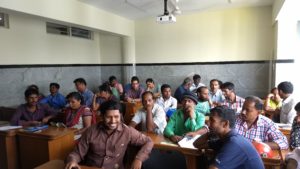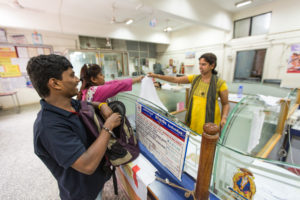Sector Updates: Doing the unprecedented, making informal waste workers bankable in Bengaluru
This article is part of our continuing series on Bengaluru’s waste workers, highlighting the challenges, opportunities and positive developments in the sector.
Our first article in this series, Sector Update: The changing landscape of Bengaluru’s waste management systems, highlighted the challenges faced by many waste workers and specifically how S3IDF and our partners have envisioned and enacted changes on individual, community and national levels. This next article builds upon that narrative and provides updates on our most recent successes in our work.
Vijaya Bank and New Financing Opportunities
In the past few months, Hasiru Dala (HD) and S3IDF have begun to take advantage of government schemes, leveraging new opportunities for financing through national banks. One such scheme, the National Safai Karamcharis Finance & Development Corporation (NSKFDC), allows the informal waste workers (who range from the waste pickers who collect on the streets to the traders in specific recyclable commodities) to receive loans at only 6% interest (as opposed to rates from local informal lenders that are often above 25%). HD successfully advocated with NSKFDC to include informal waste pickers as a part of the definition of “Safai Karmacharis” (sanitary workers). Subsequent to this, the NSKFDC loan scheme could now be applied to the waste pickers. HD and S3IDF reached out to the banks linked with the scheme, Vijaya Bank and Syndicate Bank, to engage them in conversations about how we could help them identify waste picker entrepreneurs who could take advantage of the funding they were looking to provide.
Since June of 2017 we have enabled a process to bring this scheme to bear for waste picker entrepreneurs running DWCCs so that they may access these very low interest rate loans. And while the process of loan disbursement for waste entrepreneurs under this scheme is underway, S3IDF continues to explore additional financial products that all waste workers could utilize. S3IDF has been engaging with the banks to apply their priority sector lending, small business loans, to all informal sector waste workers, not just the waste pickers. This process change is expected to begin with loans that will be disbursed to the more broadly categorized waste workers, who operate waste collection centers and engage in other waste management activities.
Our efforts have had two recent breakthroughs on this front, the first is that we’ve enabled waste entrepreneurs’ access to overdraft accounts. In the coming months, over 40 targeted entrepreneurs are expected to have overdraft accounts, which will address their enterprise needs more flexibly, as an overdraft account allows for “rolling credit” rather than a one-time credit. The second breakthrough is the recognition of segregated waste as viable loan collateral by Vijaya Bank. This recognition is an important hallmark on the path towards broader financial system mindset transformation, because lack of appropriate collateral is regularly cited as a critical barrier inhibiting formal financial access for waste workers, who often do not own property or other recognized assets.
Now, through the efforts of HD and S3IDF, Vijaya Bank recognizes the economic value of ‘trash’, and thus the financial soundness of waste entrepreneurs, facilitating a crucial systems-level change with potential to transform both the financial and waste management sectors. This recognition of trash as collateral was designed by S3IDF and was enabled by a “comfort letter” provided by Hasiru Dala Innovations (HDI), a social enterprise that manages waste of large waste generators, which emerged out of HD’s work. In this “comfort letter”, Hasiru Dala Innovations reassures the bank that in case of default, the inventory of segregated waste in the Dry Waste Collection Centres will be bought by HDI at prevailing market rates, thus allowing the bank to monetize the inventory and making it viable collateral.
As S3IDF facilitates the bank’s disbursal of loans to these informal waste workers, the challenges emerging lay in the details of the “know your customer” documentation banks expect. Given that many of the informal waste workers are migrants from different parts of India, details of identification, residence-proof and other such documentation do not necessarily conform to the bank’s business-as-usual compliance requirements. Engaging with the bank to help them become more flexible around these issues and to extend other useful financial products with less stringent compliance needs, is a dialogue that S3IDF is in now. Further, these types of dialogues are part of our larger mission of systems-level change, enabling formal financial institutions to have more inclusive lending practices.
S3IDF Project Development Officer, Nitin Gopalakrishnan’s take on these developments is that, “what we see as trash is inventory for the waste workers. The overdraft accounts are a new concept for them. Our partner consortium intervenes to give them necessary financial training so that they can make the best use of financial resources to run their enterprises more efficiently. This provides a financing option for the waste workers other than “loan sharks”. In the coming months, the entrepreneurs will be able to share with us what it really means for them to be bankable.”
Keep visiting this page for more updates and feel free to reach S3IDF for a conversation.




